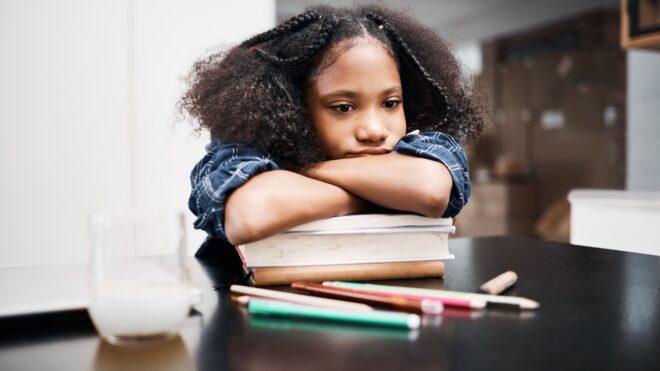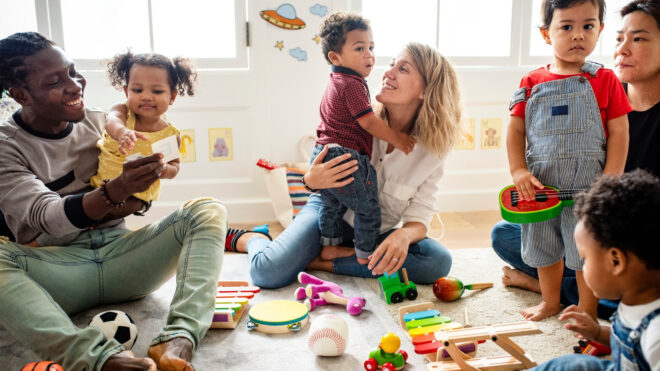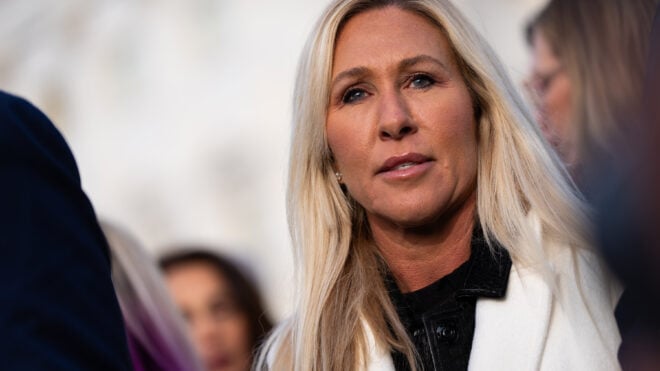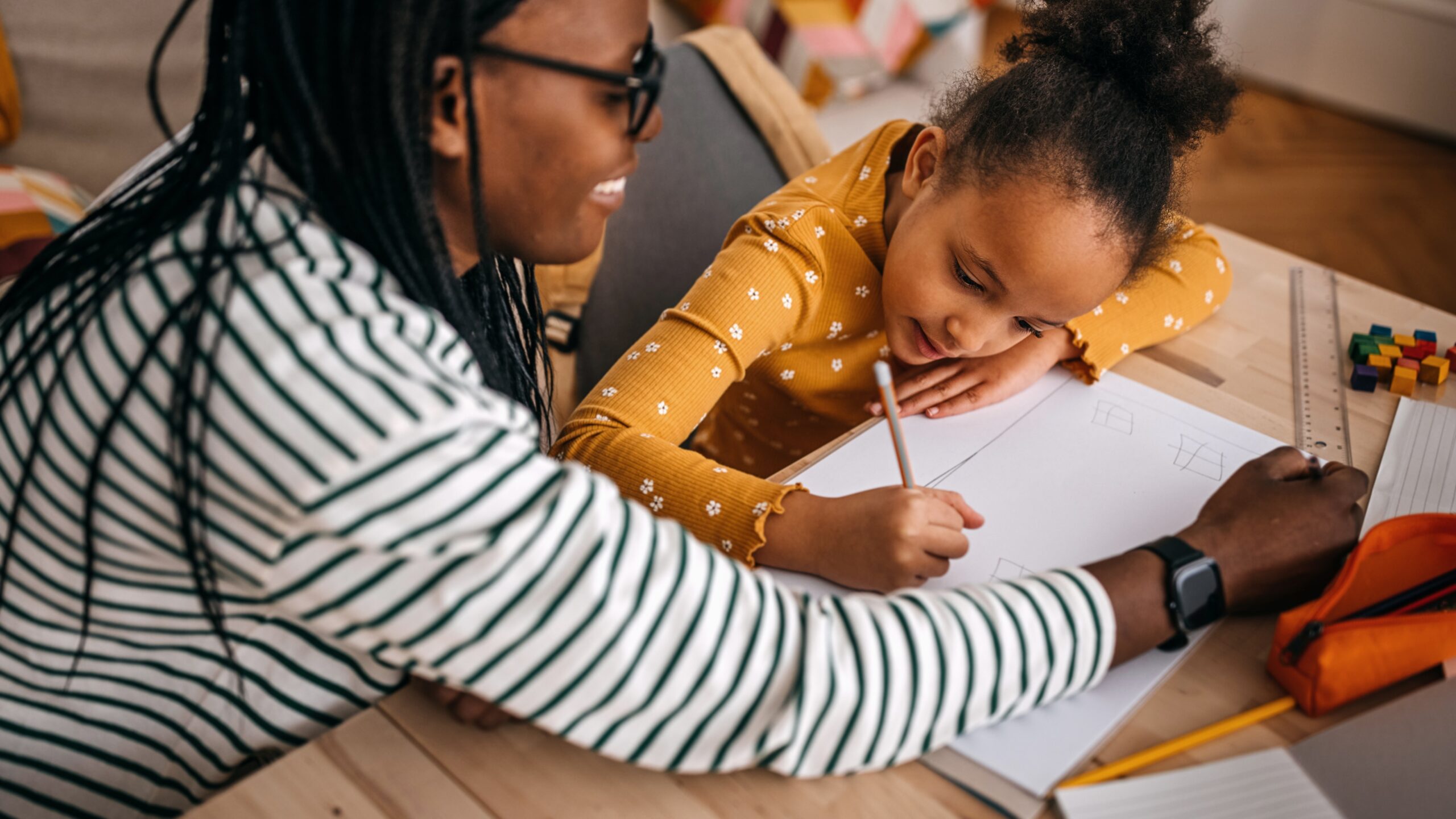
As the school year gets underway, some elementary schools have begun to adopt a no homework or minimal homework policy, and Tampa Bay Times ran a story about Pasco County middle and high schools reporting that “to better align grades to children’s learning, the school district told teachers that homework assigned for students to practice what they were taught in class may not be included in their report card marks.” However, homework still exists, and parents need to figure out how to balance after-school playtime and assignments so kids can be kids and not get burnt out.
Jody LeVos, PhD and chief learning officer of BEGiN, has been designing early learning experiences for children and families and overseeing the development of curriculum and play-to-learn products (digital apps, toys, books, and movies) for more than a decade. She’s worked at some of the world’s best-known ed-tech, children’s media, and toy companies, including LeapFrog, VTech, KidKraft, Mattel, and HOMER. As the mom of two boys, ages 14 and 11, she is making the transition back to the classroom like the rest of us.
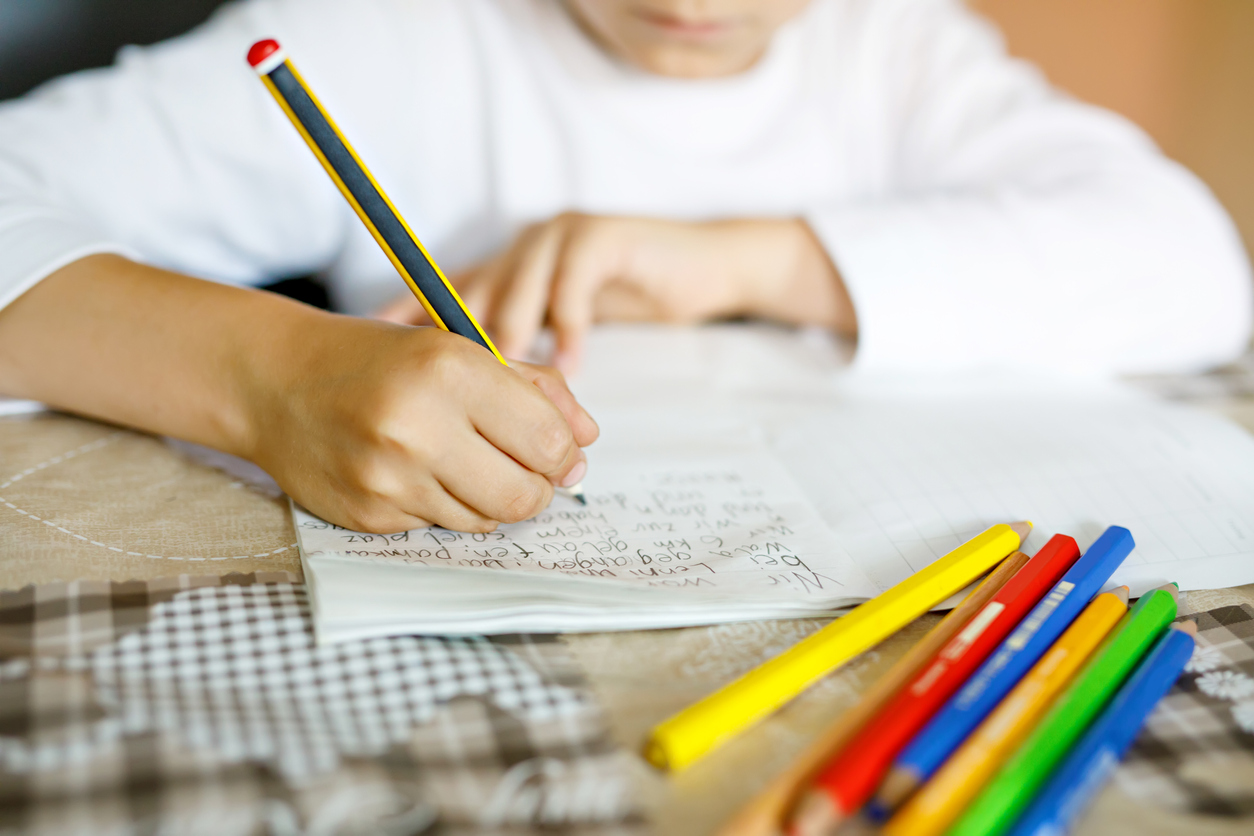
“Not even having a PhD in child development prepares you for motherhood quite like, well, motherhood,” LeVos shares with LittleThings.
But she does have expert advice that other parents can use to design their weekdays.
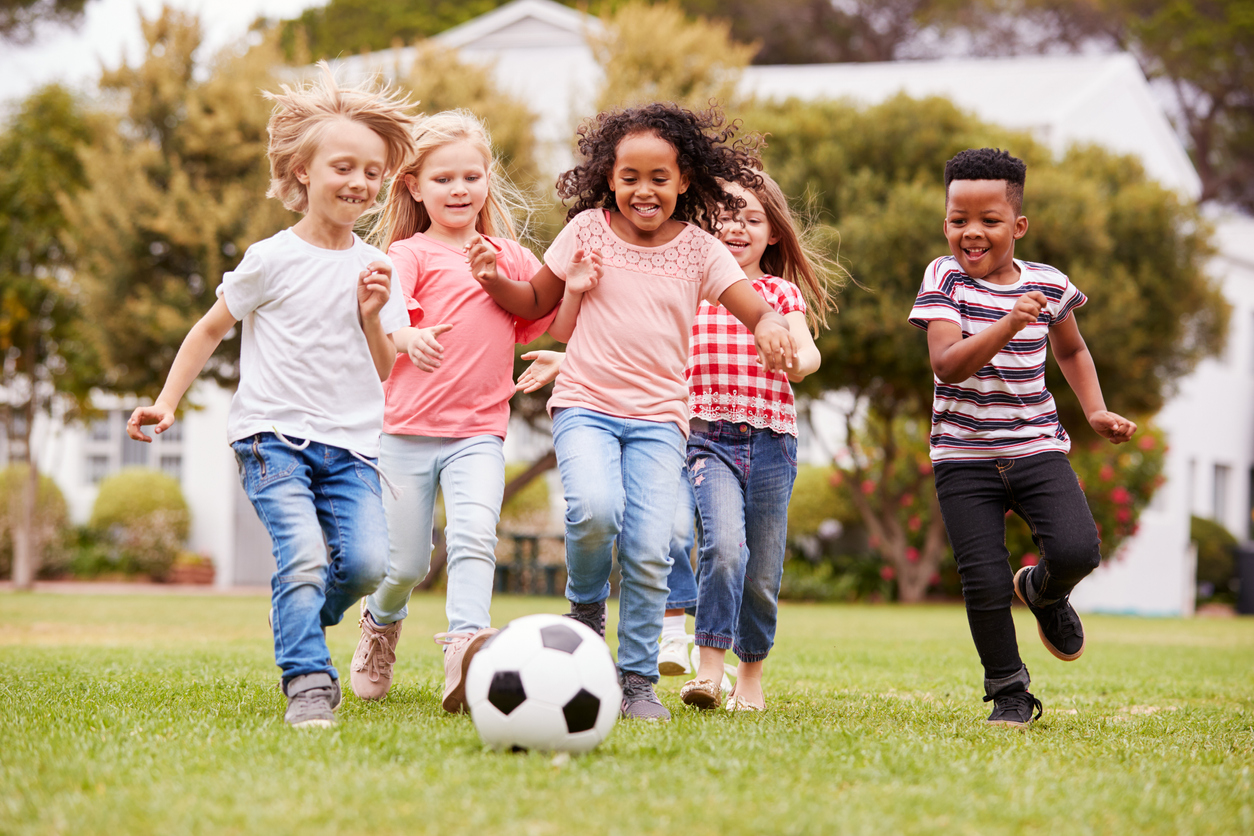
First, she points out that play is on a decline — and that’s a serious concern. “Some researchers have stated that children, on average, have lost 12 hours of play per week,” she shares. “The decline in play is happening in both homes and schools, and this reduction has been attributed to many factors, including increases in concern for safety, therefore fewer children playing outside in neighborhoods; time spent doing structured activities such as organized sports; time on screens (which, of course, can also be playful); budget cuts and policy changes impacting recess and physical education time in schools; and emphasis on academic skills beginning younger and younger, which compresses time spent in play.”
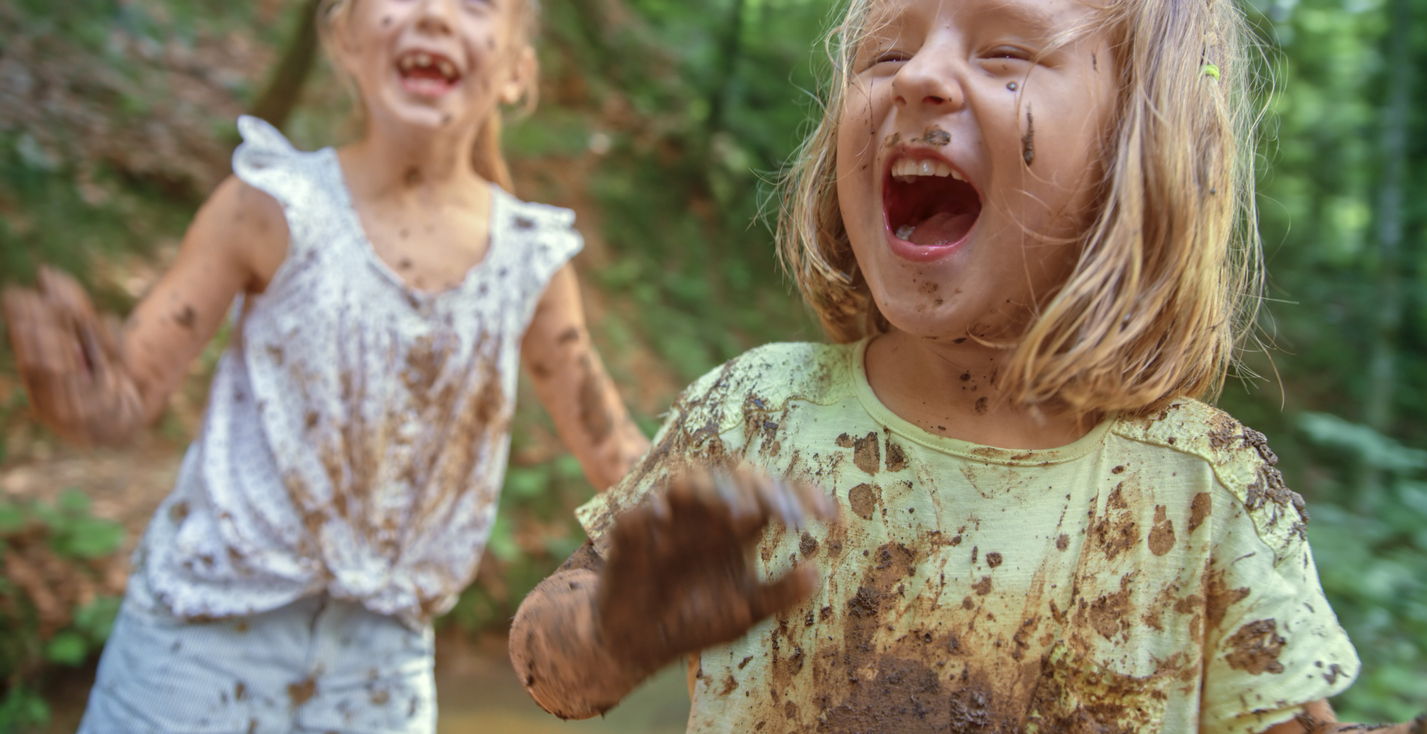
LeVos continues, “Many researchers today believe that reduced time spent playing is related to increased rates of anxiety and depression; delays in, or impacts to, social-emotional skills such as self-regulation and collaboration; effected fine and gross motor skills; obesity and other markers of physical health; and even cognitive skills such as executive functioning skills and problem solving. In other words, there are potentially massive repercussions with restricting access to play.”
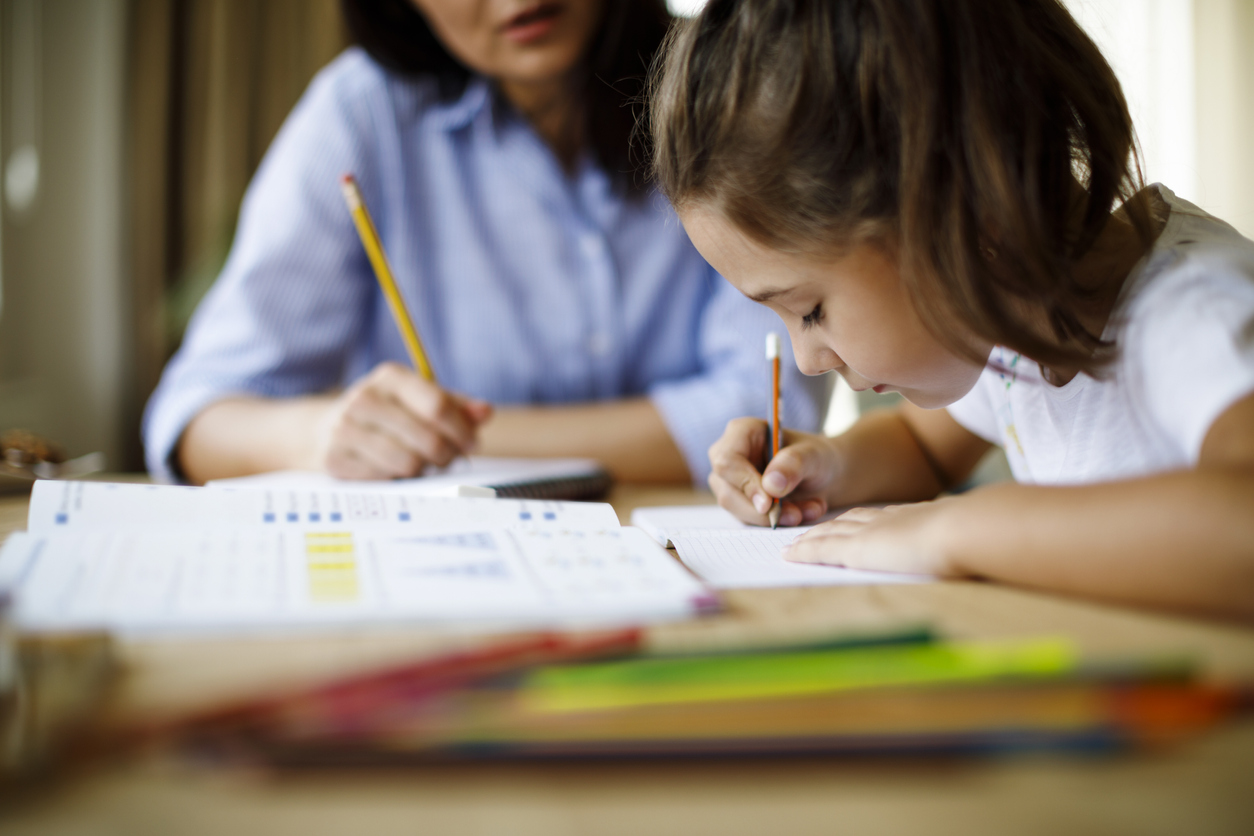
With that said, when kids come home from school, parents must decide if they should let them play or do homework right away. LeVos suggests, “You may want to experiment here and see what works for your child. For some families, having protected playtime after school and before homework is great because it gives children a chance to decompress from a big day before they need to focus on tasks that may feel less fun. For other families, this order won’t work because their child may struggle to transition from play to more focused time such as homework. You can experiment here to see what works. You might also find that different types of play make more sense throughout the day, and that’s OK, too! Finally, parents can look for ways to make playtime happen in moments you may not have expected, such as while commuting in the car or during bathtime. “
What about if your young child is bogged down with schoolwork? LeVos says, “If you’ve observed that their homework is consuming their after-school hours and cutting out playtime, you can speak with your child’s teacher. Most early childhood educators and teachers understand the critical importance of play and want to know if play is being impacted at home. They may work with you to determine which aspects of the homework to focus on versus which to let go so that there’s time for your child to play.”
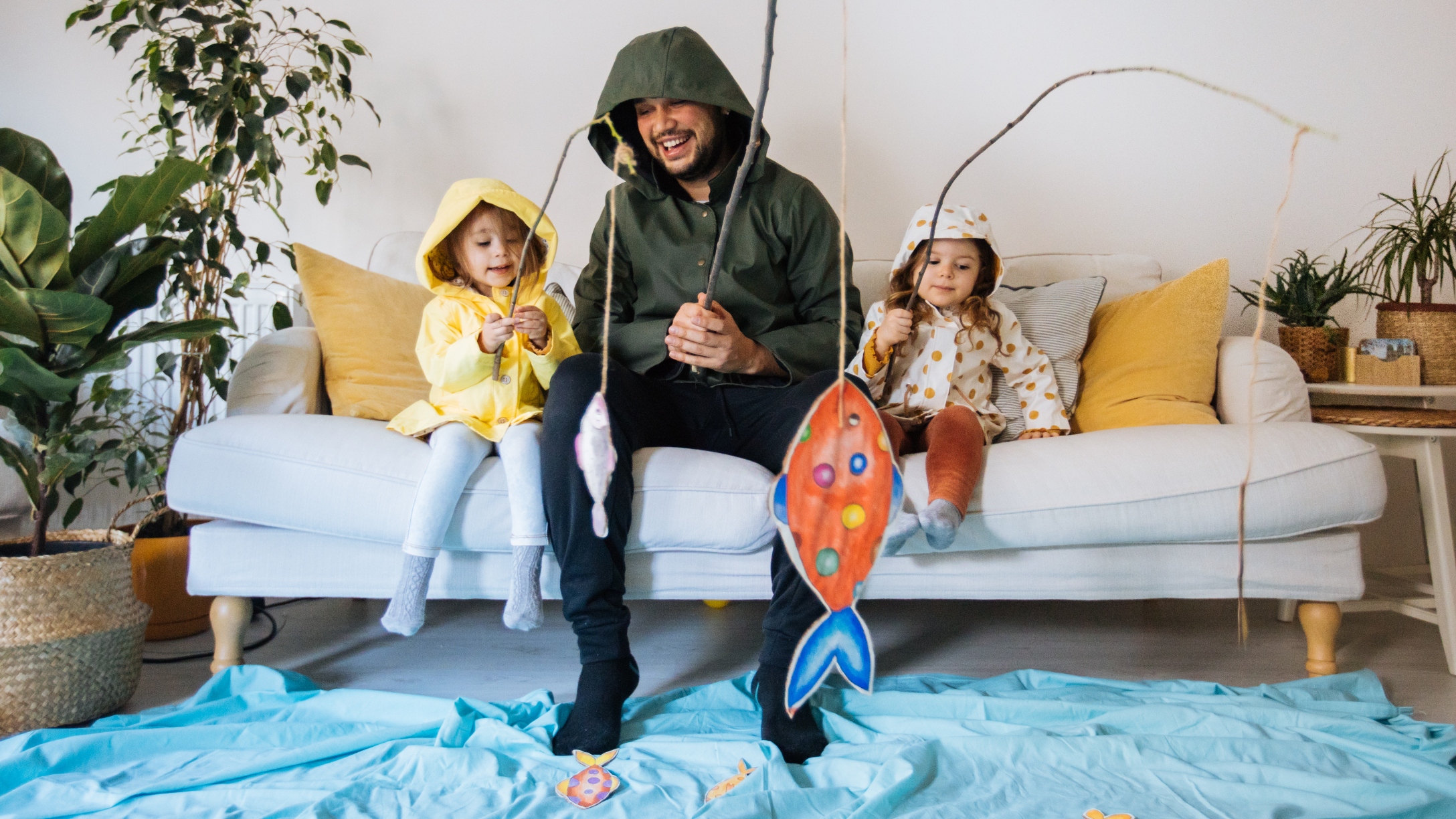
For young children, play is learning, says LeVos. "Play is an important way through which children explore the world around them, rehearse roles and communication strategies, problem-solve, act out things that are bothering them, and experiment. Free play is particularly important for supporting creativity, while guided play is uniquely important for ‘knowledge’ topics such as math, science, and logic."
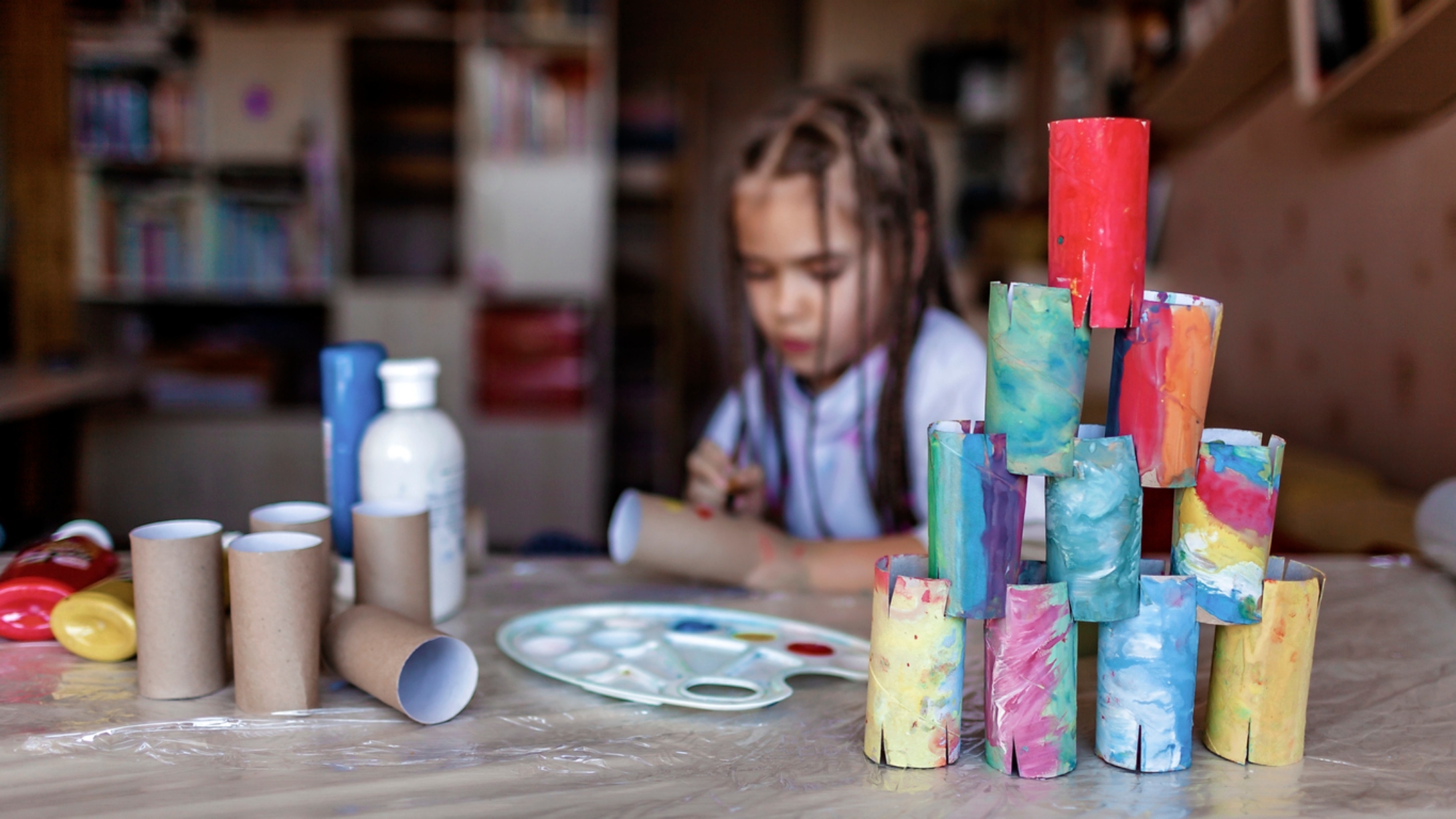
Likewise, she states that all play is purposeful. “Play is a primary way in which young children explore, interact with, and experiment with the world around them. Play allows children to try out roles, test boundaries and limits, take risks — safely — engage with others, make observations, and act out how they’re feeling.”
She further elaborates, “Most often, children engaged in play are smiling, laughing, or otherwise exhibiting positive affect. That’s not to say that conflict or challenges don’t arise in play — they most certainly do! But the overall vibe of play is that it is fun and reinforcing. Play is engaging. Similar to joy, engagement speaks to the positive nature of the experience. In addition, engagement also signals a level of focus that is an important defining feature of play. Children in play aren’t easily sidetracked, and they are in tune with what they’re doing.”
“In psychological literature,” LeVos points out, “researchers describe ‘flow’ as a rough equivalent: Adults deeply engaged in something they enjoy often lose all track of time and other things going on around them. Play looks purposeless — but of course it’s not. Play is typically done for its own sake, without obvious survival benefits such as providing food or shelter. Yet play has tremendously important value, even though the child may be completely unaware they’re engaged in something ‘good for them.’ Play is improvisational. During play, children are often trying on new roles and creating new narratives as they go. They are usually free of rigid rules and expectations — sometimes they’re not even themselves as they pretend to be different characters and personas.”
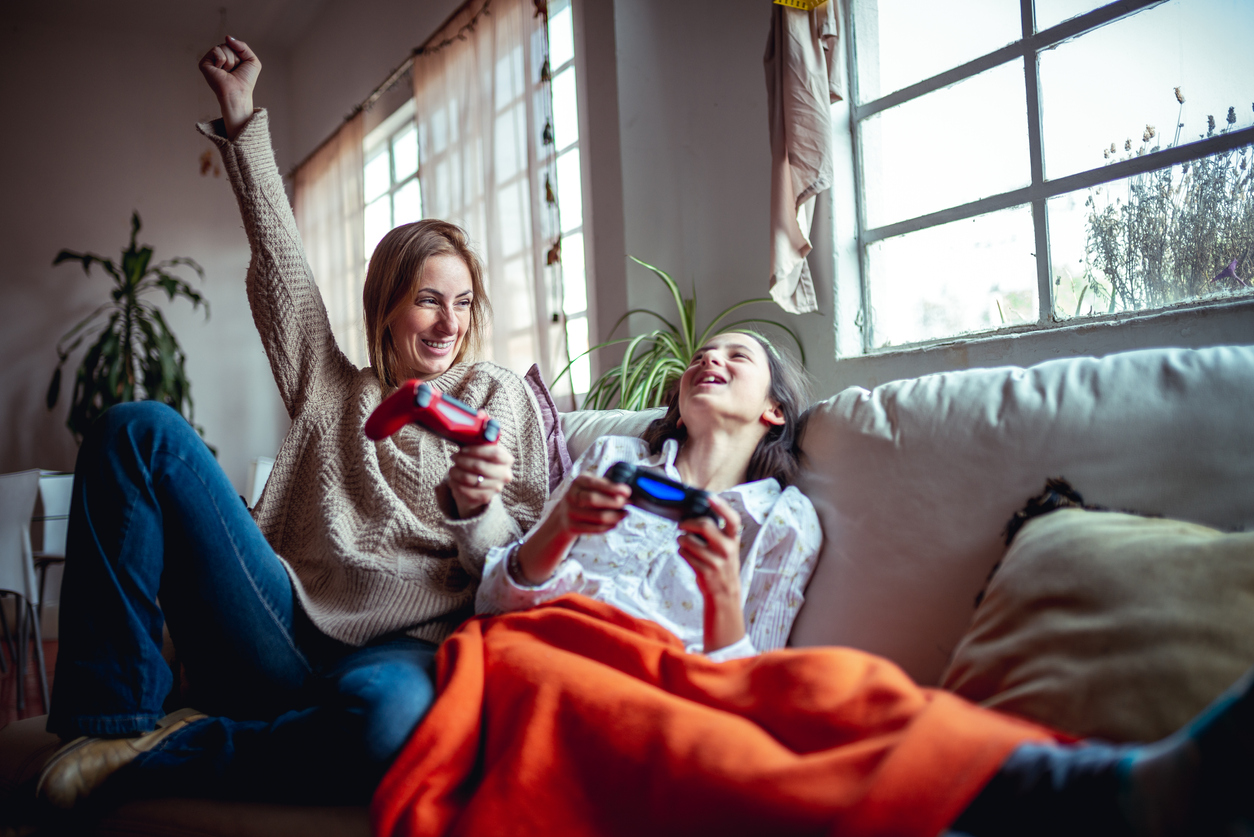
Play isn’t just for kids, either. "All ages benefit from playing,” says LeVos. “While we often think of play as something that applies only to children, play is in fact observed in many other mammals and is thought to be a powerful part of the human experience across the lifespan. It’s been said that the opposite of play is not work; it’s depression. Play is critically important in early childhood development and likely continues to provide benefits across the age span, even if the ways we play change as we get older."
In summary, rest assured, it’s OK to ease up on unassigned study time, because your child is learning essentials for a healthy life as they play.


